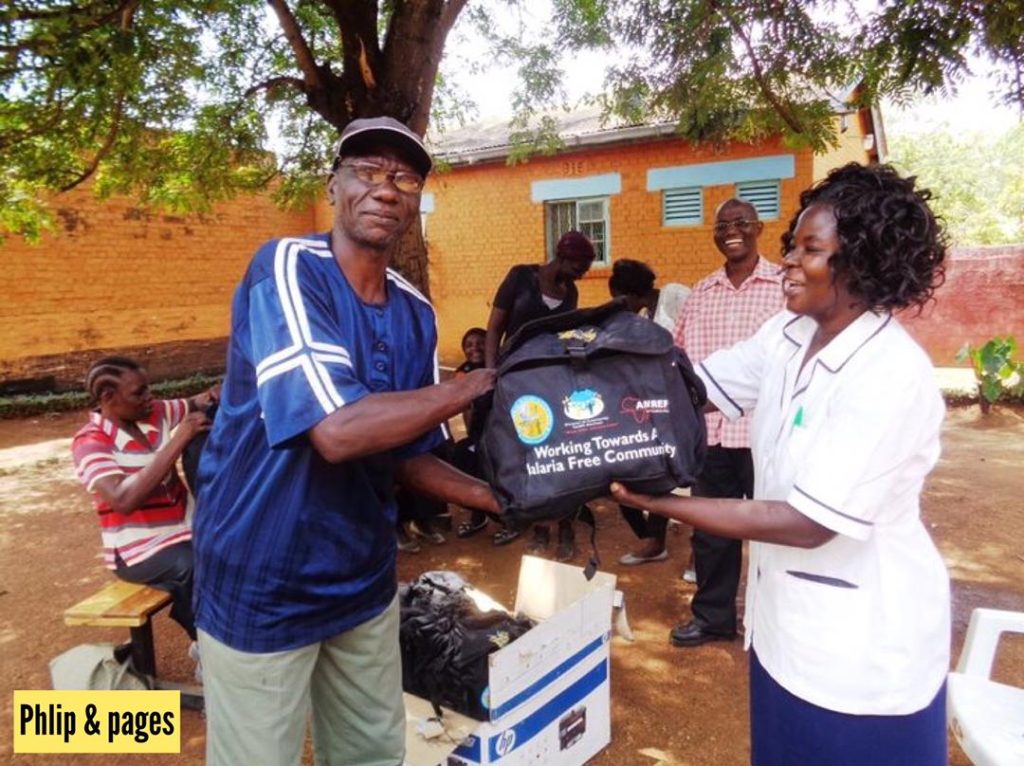Ubuntu, an ancient African philosophy rooted in the belief of interconnectedness and collective responsibility, holds immense potential for promoting mental health and well-being within African communities. This article explores the power of Ubuntu as a foundation for building stronger communities that prioritize mental health support, foster social cohesion, and nurture individual resilience
Interconnectedness and Empathy:

Ubuntu emphasizes the understanding that one’s well-being is intricately linked to the well-being of others. By recognizing our interconnectedness, individuals are encouraged to cultivate empathy towards others’ struggles with mental health challenges. This empathy forms a basis for community support networks where individuals can seek help without fear of stigma or judgment.
Community-Based Care:

Ubuntu encourages community-based care models where everyone takes an active role in supporting each other’s mental wellness. Under this approach, families, friends, and neighbors become integral parts of an individual’s support system. Collective efforts to provide emotional assistance, social inclusion, reducing isolation contribute positively towards addressing mental health disparities within African communities.
Cultural Relevance and Identity Affirmation:
Ubuntu promotes cultural relevance by acknowledging diverse beliefs, customs, and practices within African societies. By incorporating culturally appropriate approaches into mental health initiatives, Africans can feel a sense of identity affirmation. This process counteracts historical trauma associated with colonialism while fostering pride, resilience ,and self-acceptance among individuals facing mental health challenges.
Empowerment through Collective Action:

The concept of Ubuntu empowers individuals by emphasizing their ability to effect positive change collectively. For addressing systemic issues contributing to poor mental health outcomes, this philosophy encourages grassroots advocacy, equitable resource allocation, promoting access quality healthcare services. Through collective action, Africans can challenge societal barriers, mobilize resources ultimately shape policies favoring improvement well-being at local, national levels
Strengthening Social Support Networks:
Ubuntu philosophy places significant importance on building strong social support networks. These networks provide a sense of belonging, reduce isolation, and create safe spaces for individuals to share their experiences openly. Support groups, community initiatives, and traditional practices can serve as platforms for fostering social cohesion and emotional well-being within African communities.
Cultivating Resilience and Well-being:
The principles of Ubuntu foster resilience by emphasizing the power of community connections in overcoming adversity. By nurturing supportive environments that prioritize mental health education, early intervention programs, and accessible resources; Africans can cultivate individual and collective resilience while promoting overall well-being.
Partnerships for Sustainable Change:

To fully harness the power of Ubuntu in addressing mental health challenges, partnerships between governments, non-profit organizations, social workers, researchers, and community leaders are crucial. Working collaboratively ensures shared responsibility, addresses systemic barriers, promotes equitable access to care. This collective effort facilitates sustainable change at multiple levels, fostering environments where Ubuntu thrives.
Conclusion:
Embracing the philosophy of Ubuntu offers a powerful framework for building stronger communities that prioritize mental health support in Africa.By recognizing our interconnectedness,cultivating empathy,nurturing cultural relevance,strengthening social support networks,and empowering individuals through collective action,Africans can foster resilient communities that promote holistic well-being.Ubuntu serves as a guiding principle towards creating inclusive societies where mental health is valued,equitable care is provided,resilience flourishes.
















